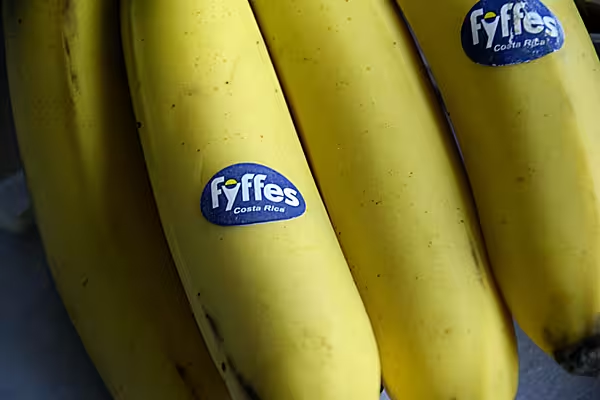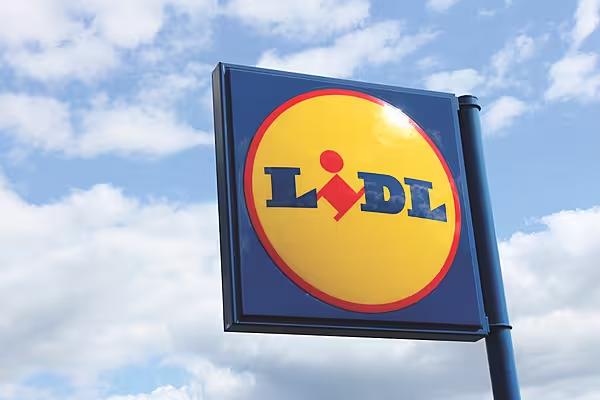Food and Drink Industry Ireland (FDII) has slammed the revised edition of the Broadcasting Authority of Ireland’s General and Children’s Commercial Communications Code, which was unveiled yesterday.
FDII said the Code, which was revised to take into account guidelines governing the advertising of so-called HFSS (High Fat, Salt and Sugar) products to children, is based on ‘flawed science’ and will ‘have little impact on childhood obesity rates’.
Chief among the FDII’s concerns is the adoption of a controversial ‘nutrient profiling model’, to indicate whether a particular product is considered HFSS. “The nutrition profiling model in the code is simply copy and pasted from the UK, without any reference to valuable Irish research on the subject,” said Paul Kelly, FDII Director. “The Irish Universities Nutrition Alliance (IUNA) food consumption database contains all the relevant information to inform a scientific approach to this issue.
“The UK system is unscientific, out-of-date and based on the concept of a 100g measure rather than on the actual amount people eat. This means that foods such as dairy and cereal products, which are vitally important to Irish children’s diets, are classified as unhealthy.”
A positive development in the revised Code is the fact that cheese has now been exempted from the nutrient profiling model, having been included in the first draft, issued late last year. ‘Instead,’ the report notes, ‘commercials for cheese products that appear in children’s programmes or which are directed at children will be required to carry an on-screen message indicating the recommended maximum daily consumption limit for cheese.’
“It is positive that the BAI has exempted cheese from these new rules,” said Kelly. “One in three children in Ireland are calcium deficient and it is important that consumers are aware of the importance of cheese as a part of a balanced diet.”
The rules will come into effect on 2 September, and will apply to all radio and television broadcasters regulated in the Republic of Ireland.









